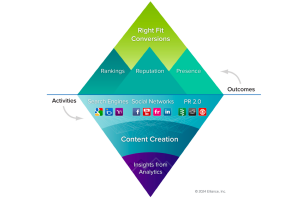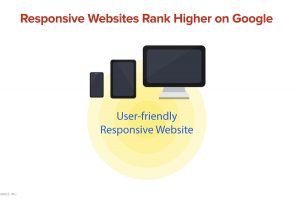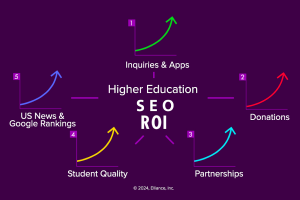
Google page 1 is destiny. 90% of users never go beyond page 1. Organic rankings are trusted more, and convert 3X better than paid ads. 10-Step SEO plan for colleges, universities and higher education institutions to secure coveted Google page 1 rankings.






